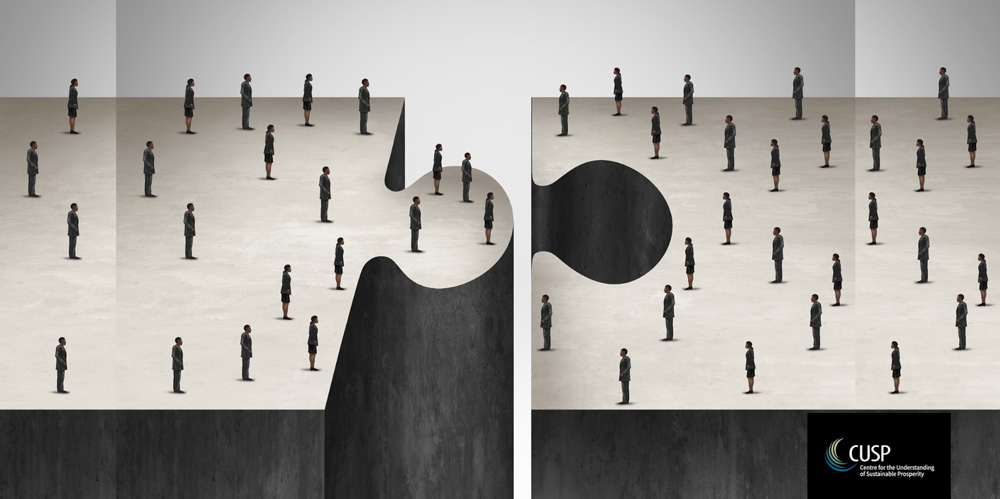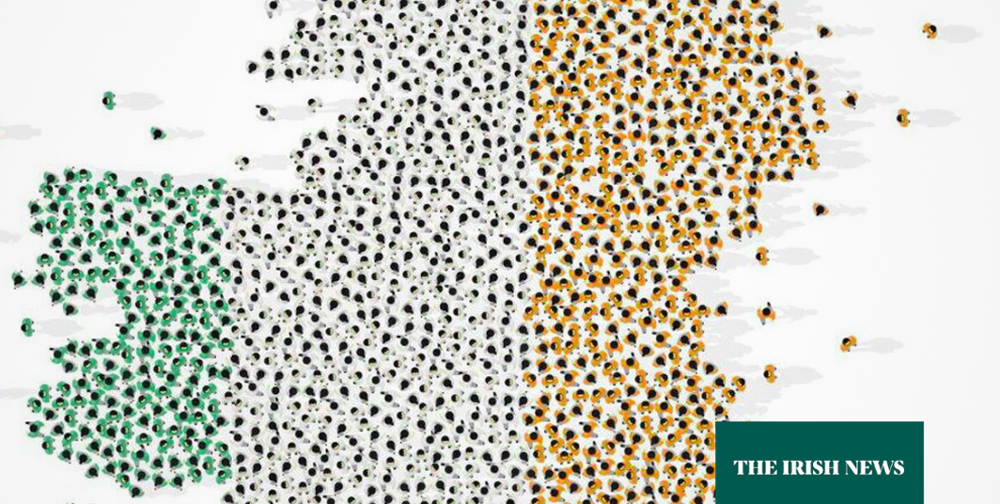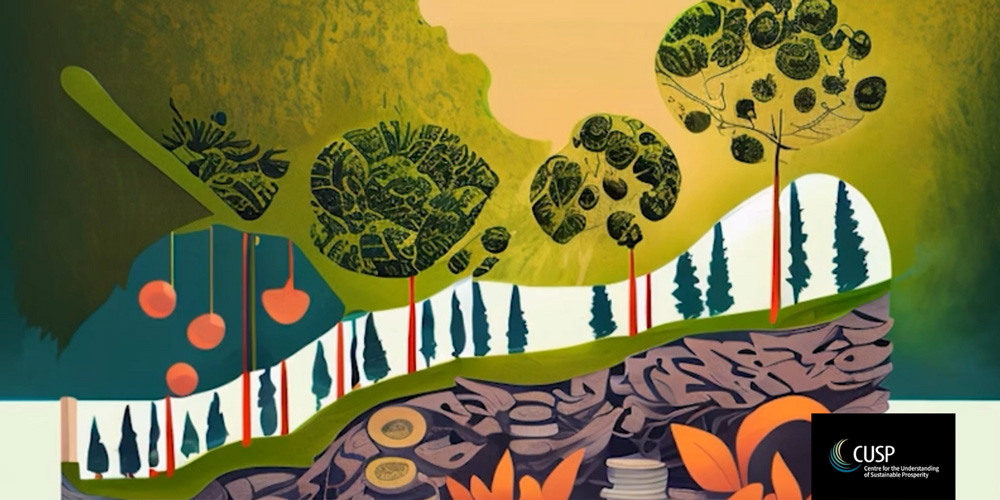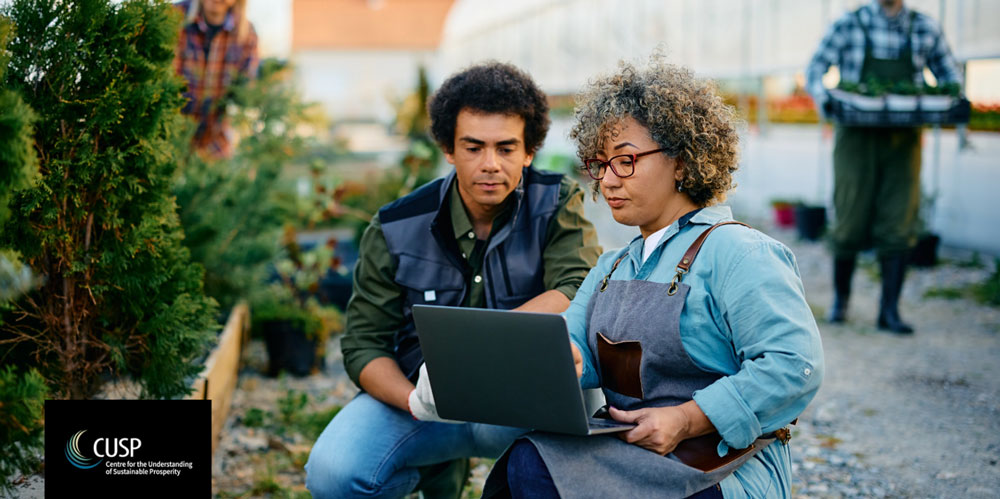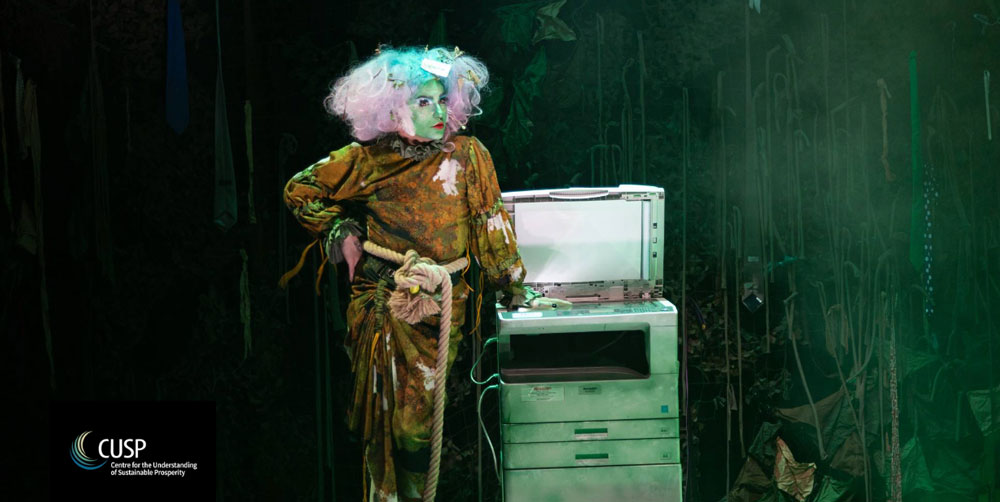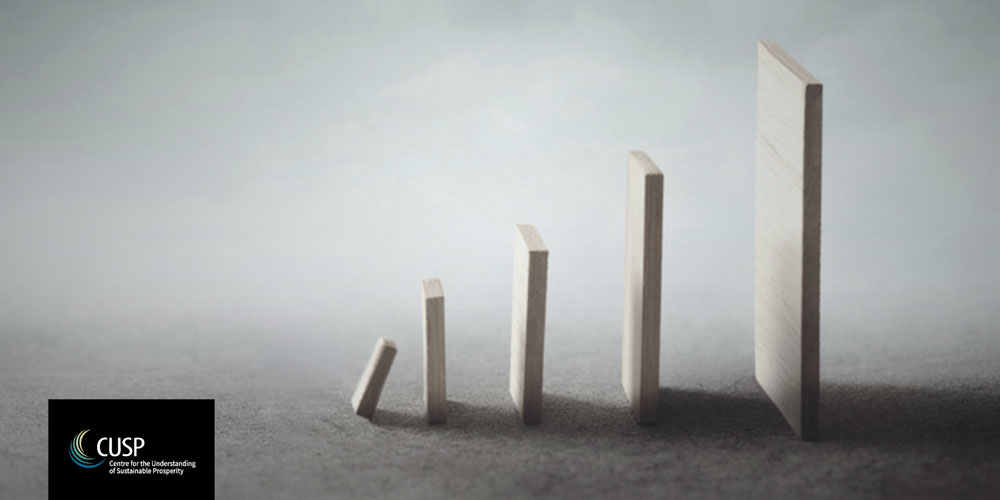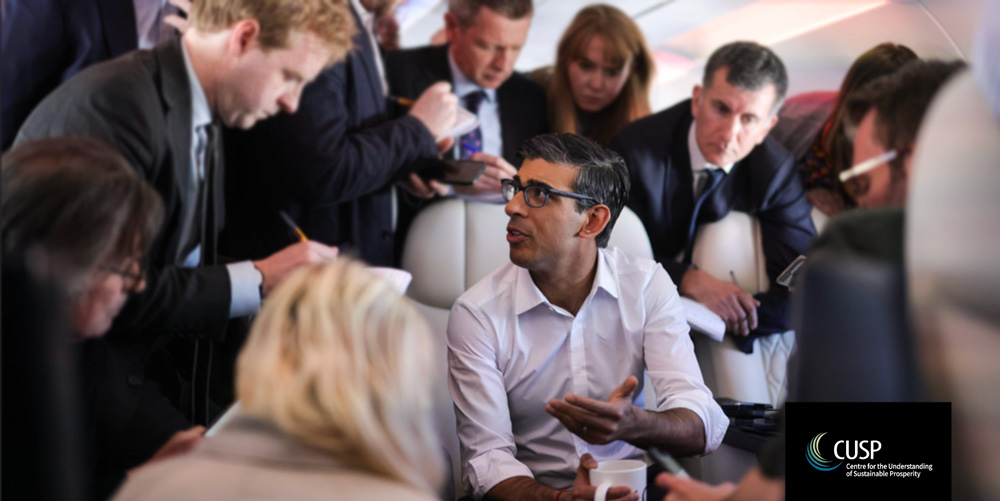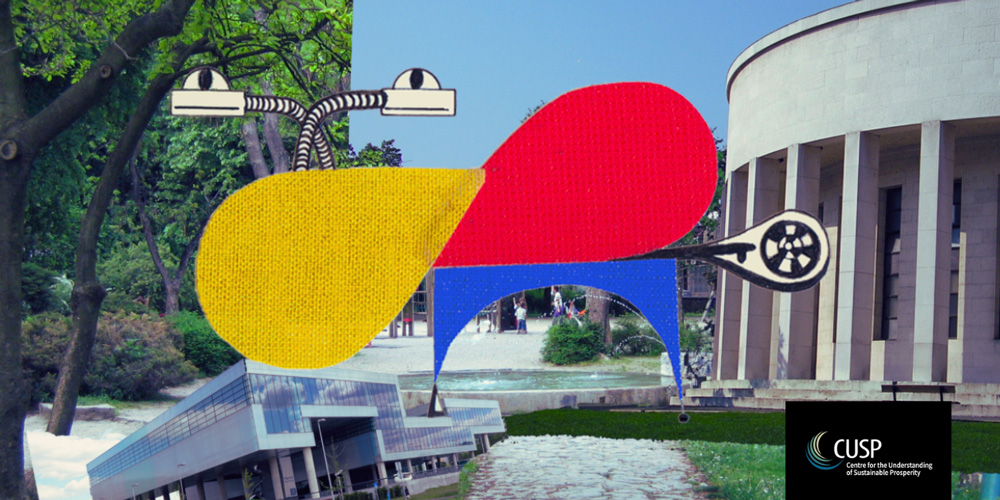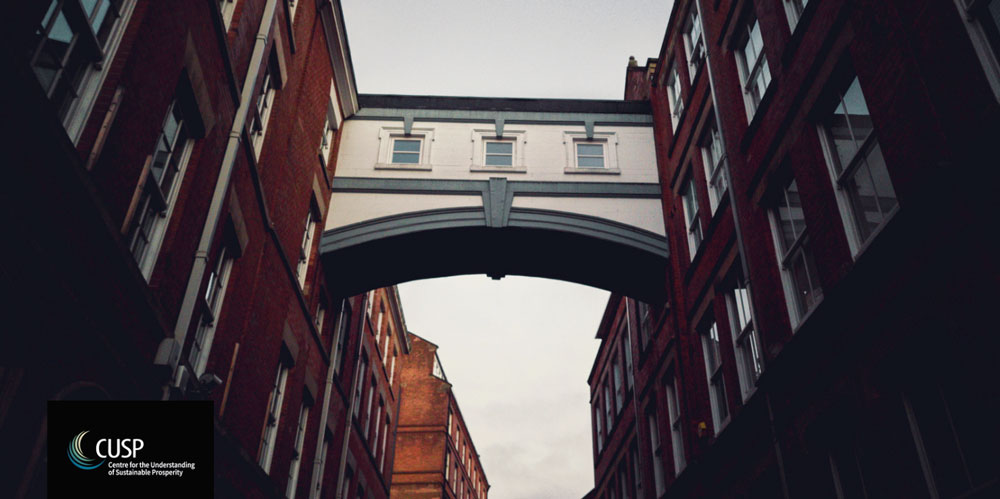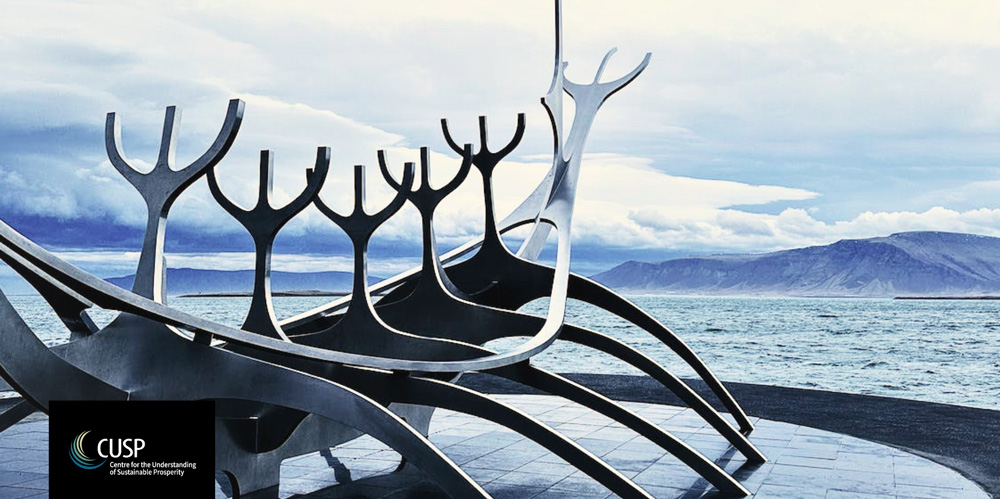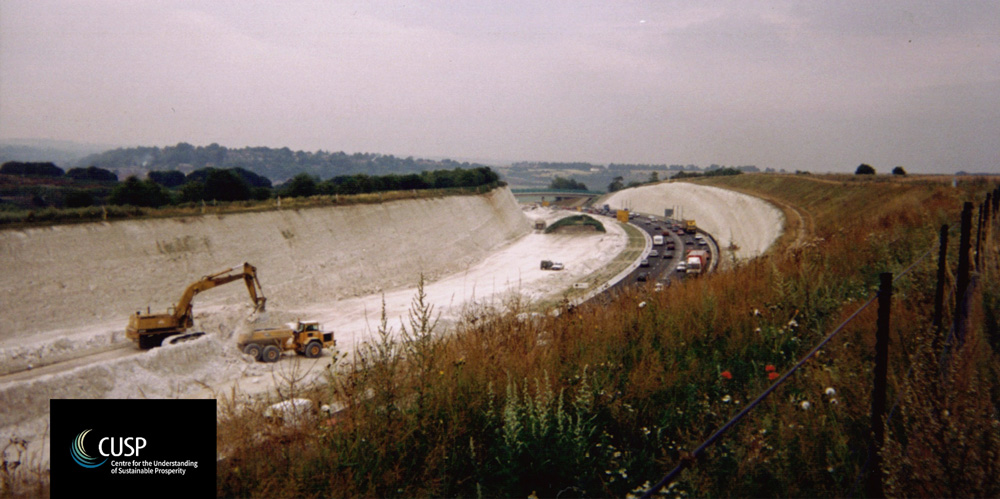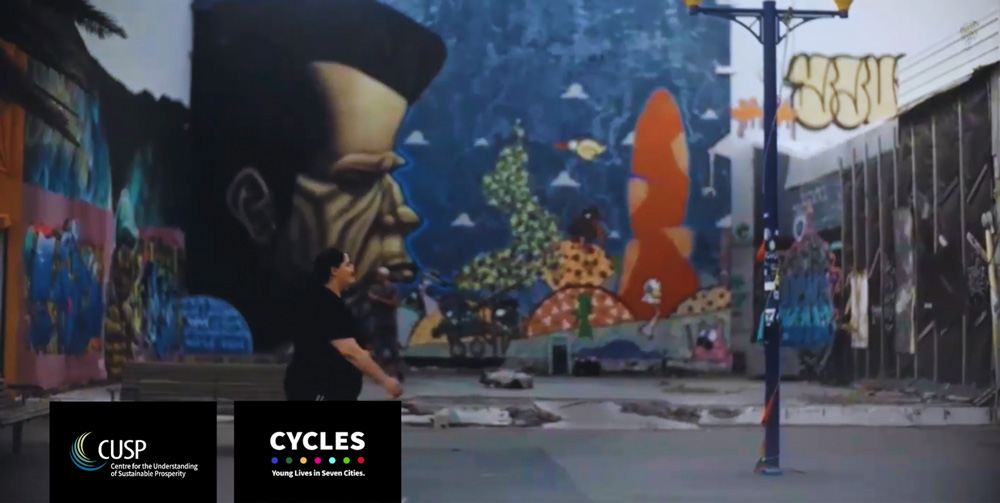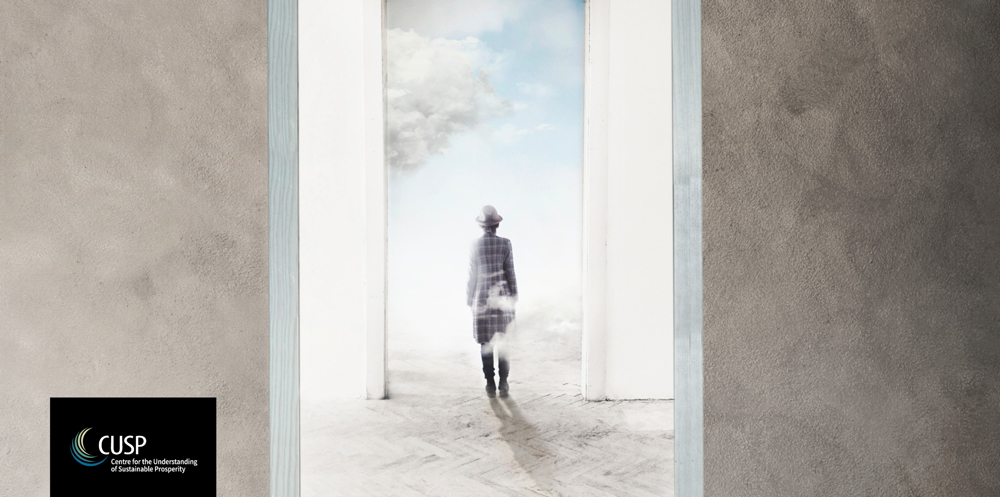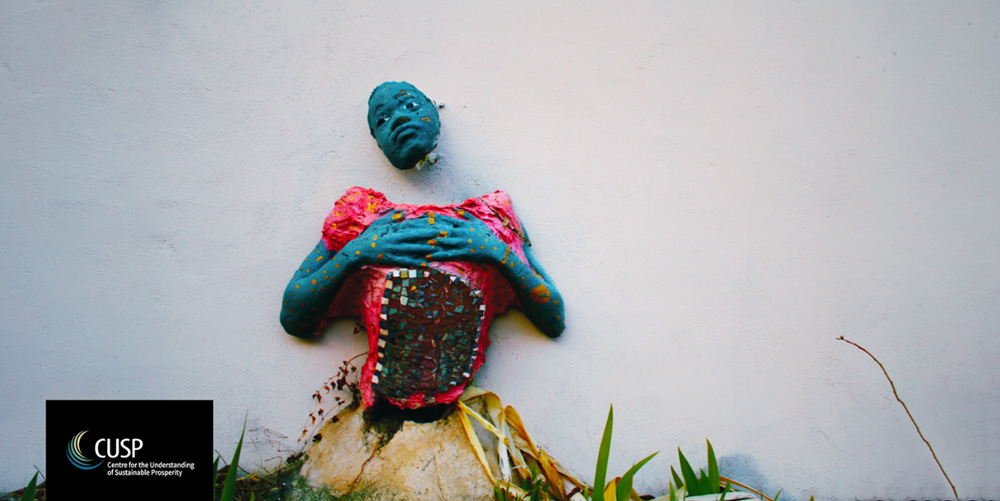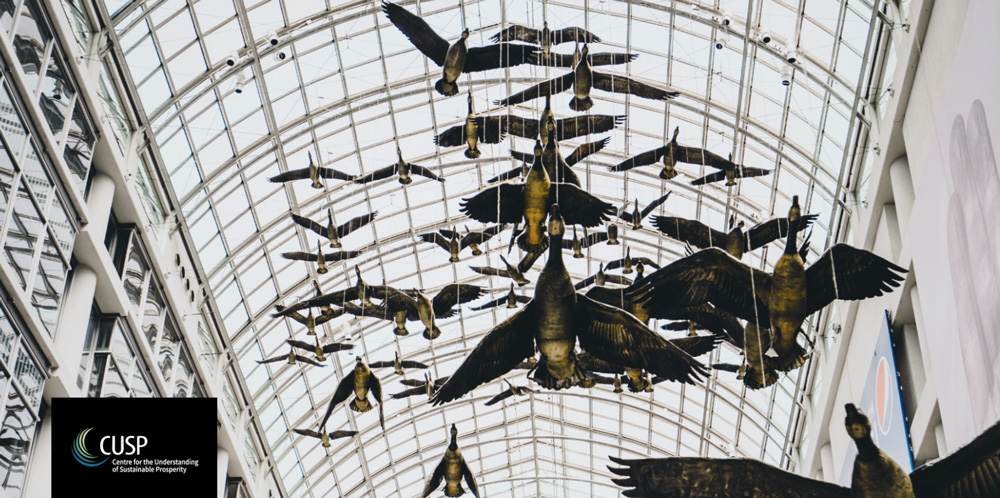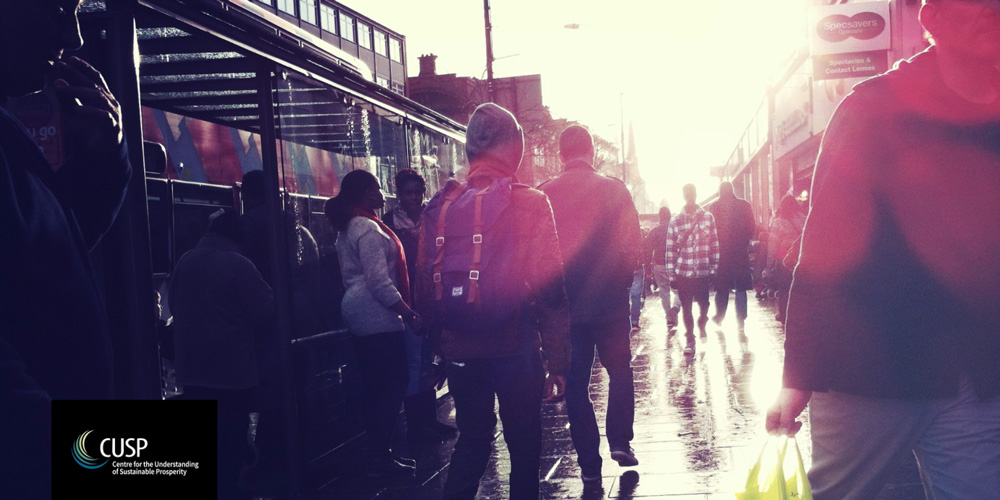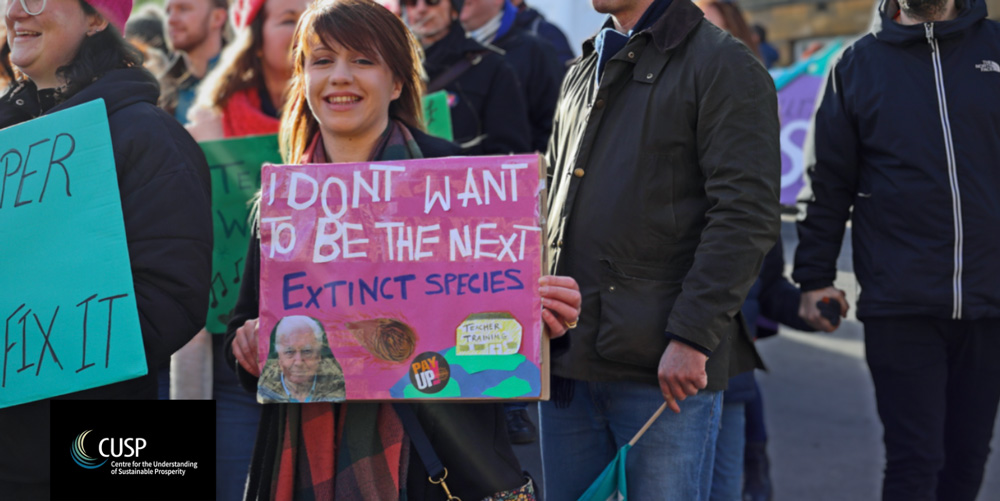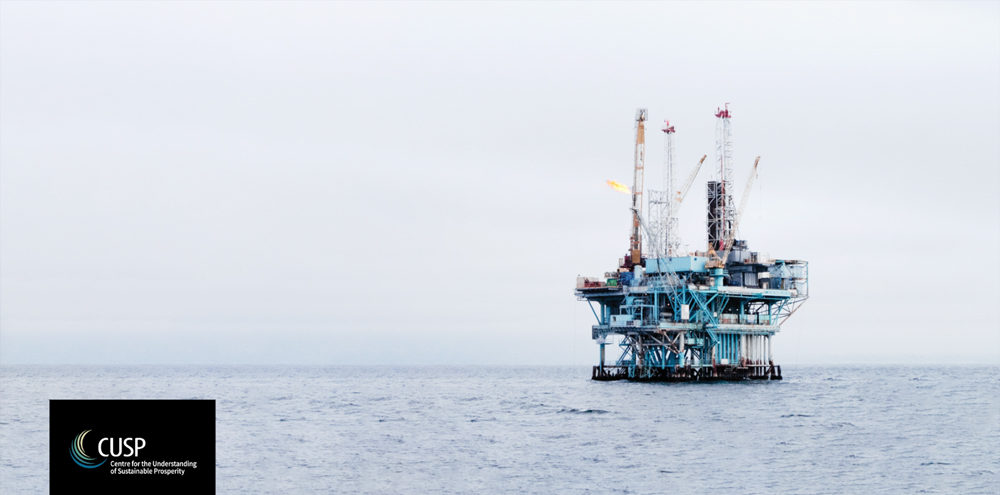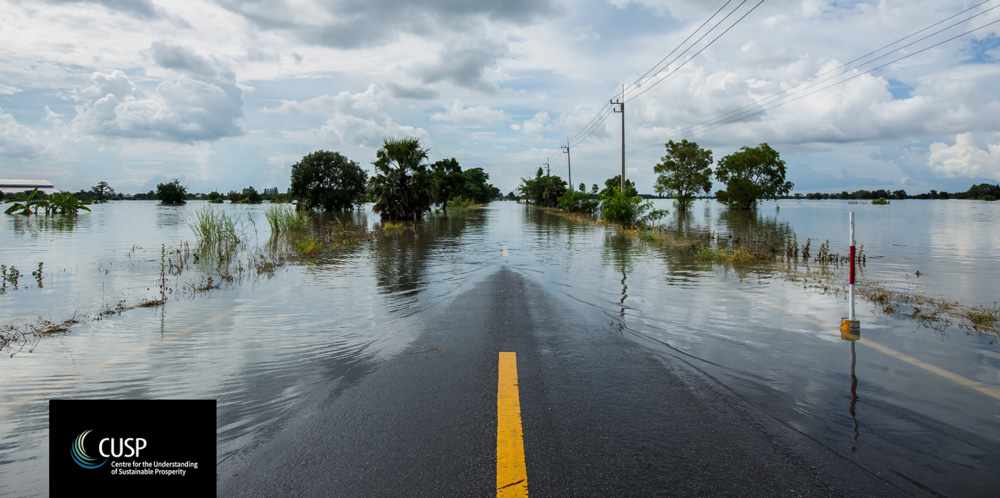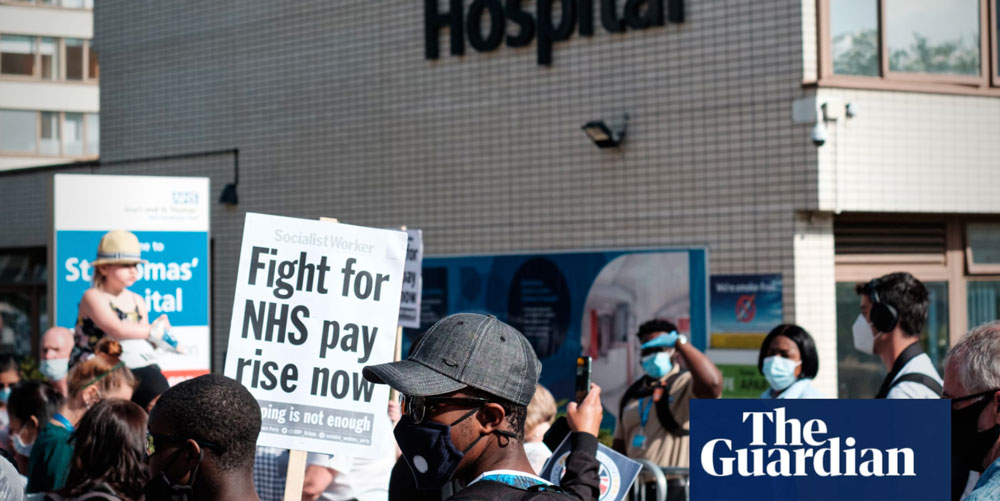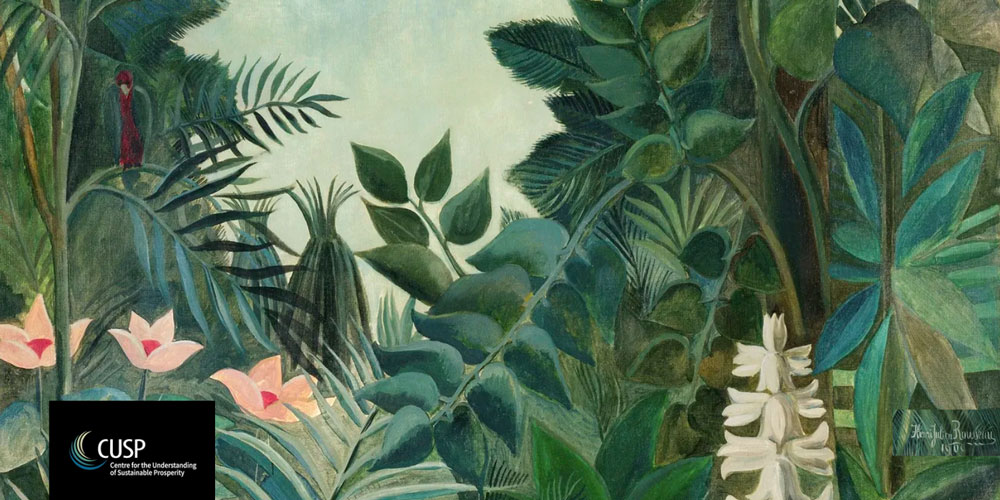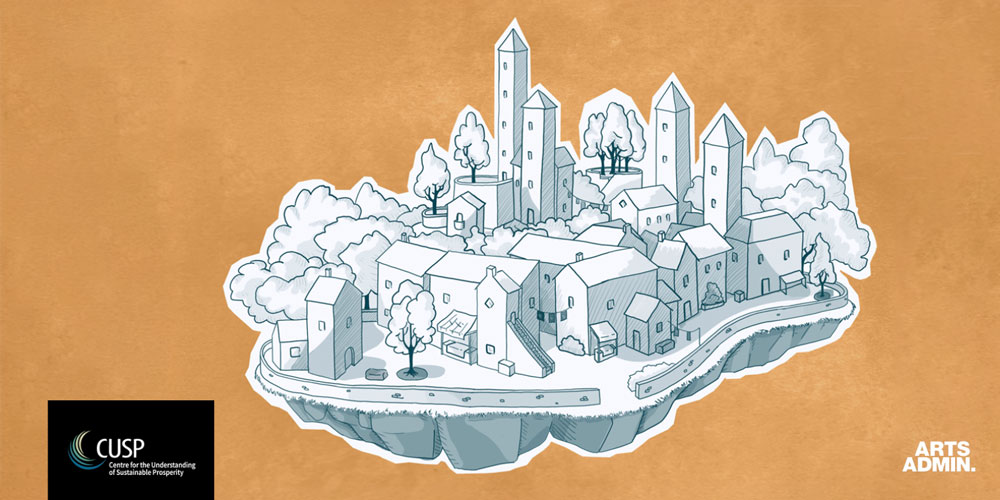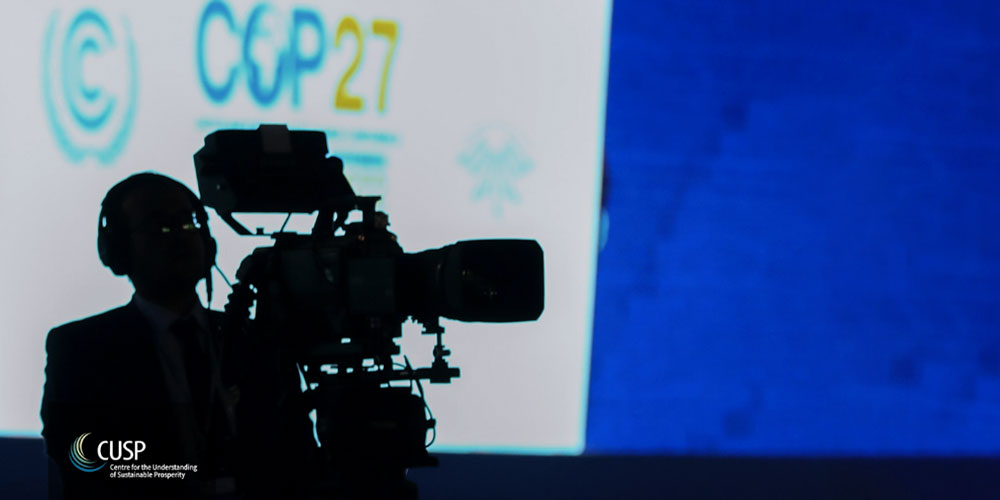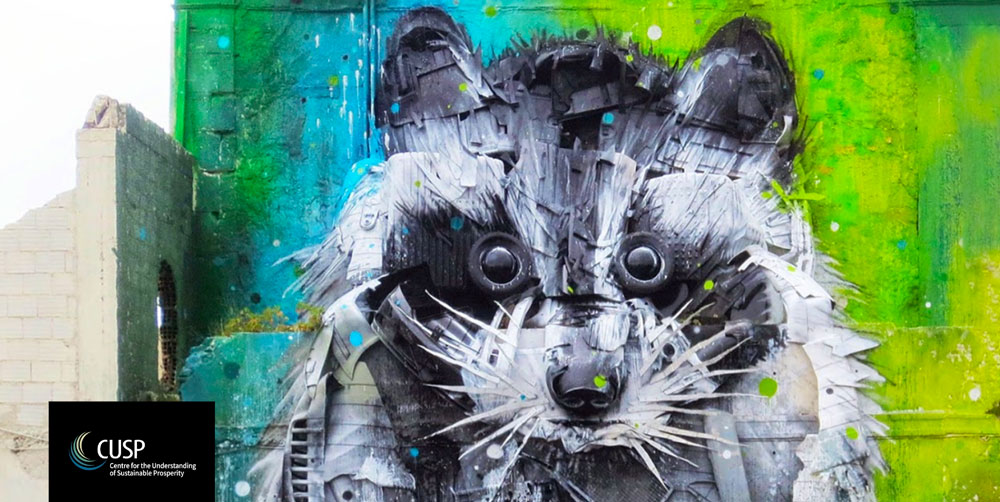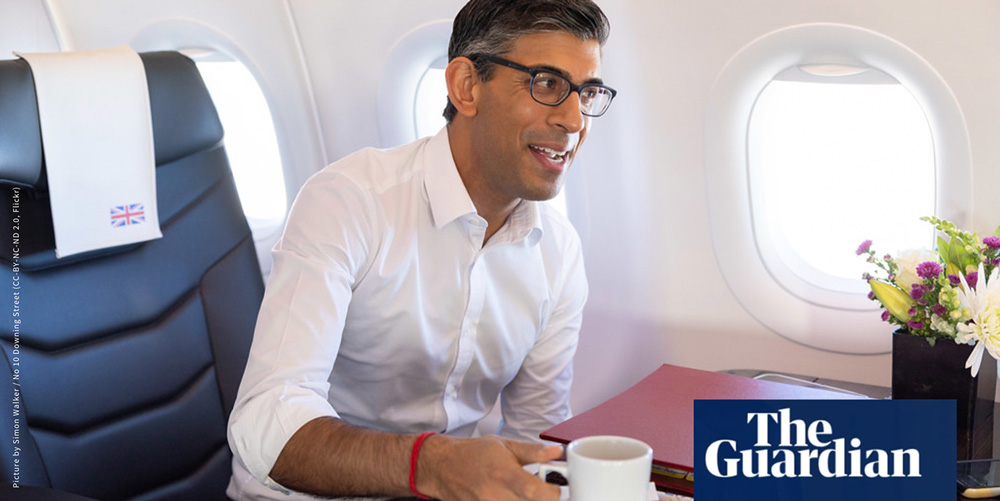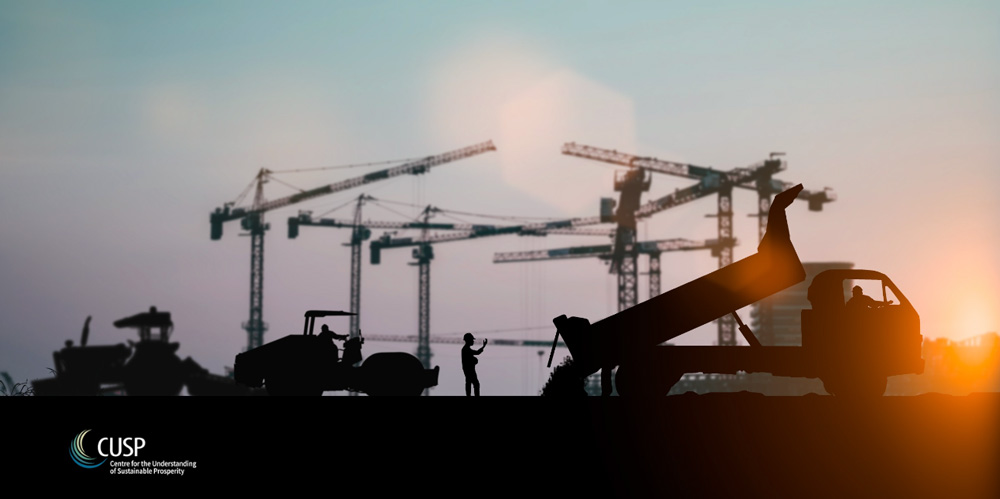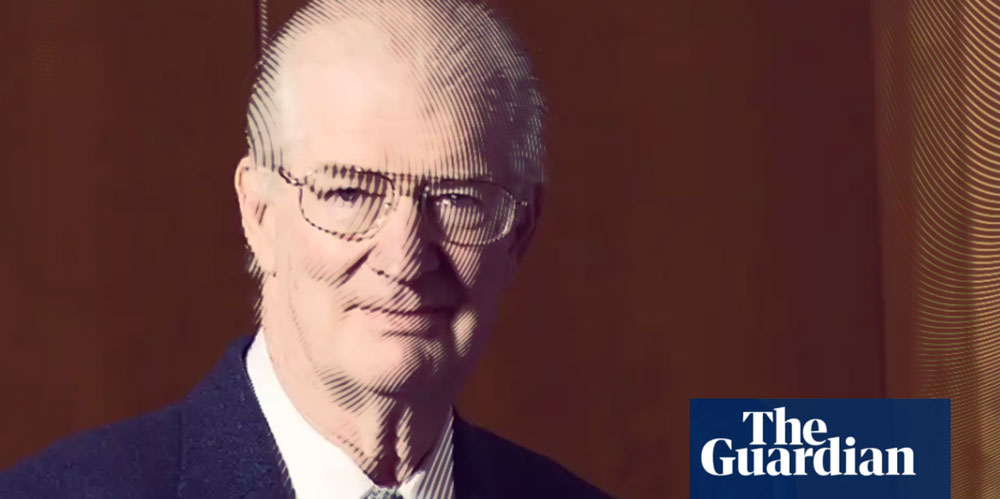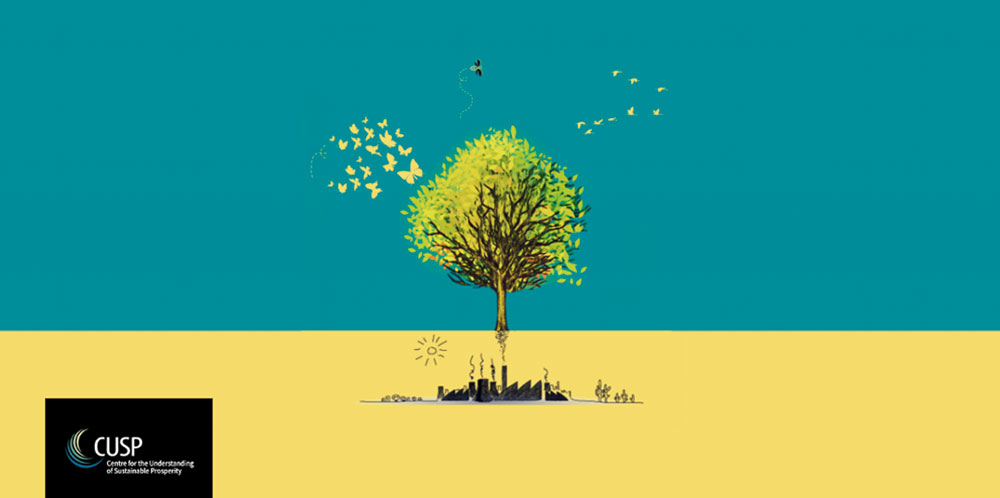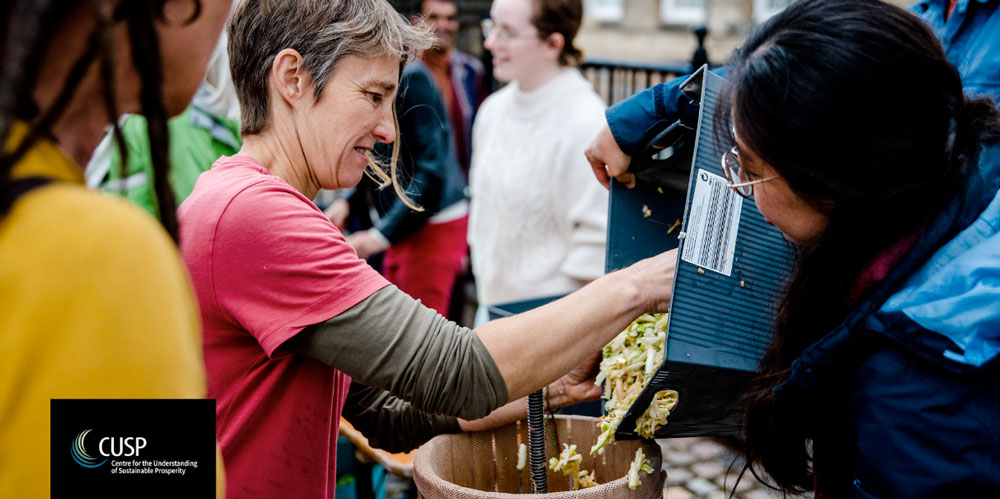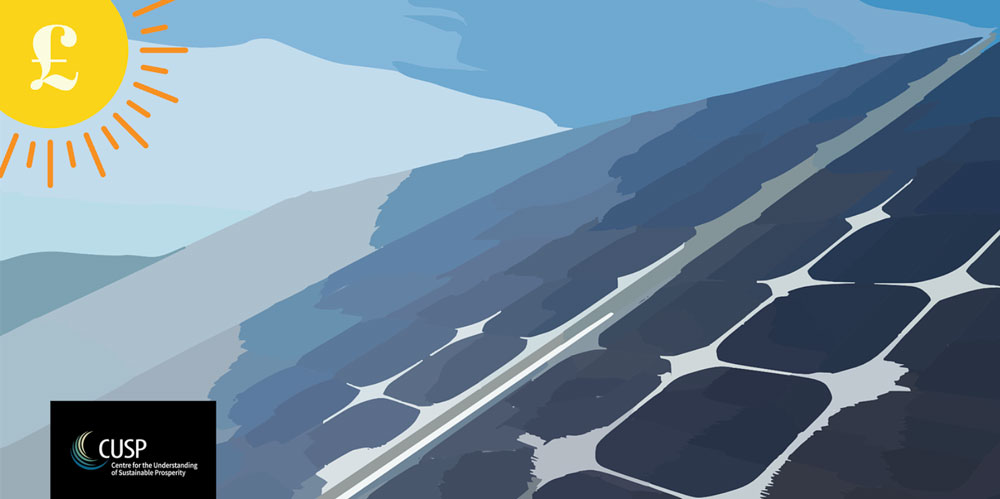BLOG
This blog examines challenges and benefits experienced by our social enterprise partners in our transdisciplinary research project on sustainable food systems.
What the economic debate on Irish reunification needs most is a healthy dose of scientific reality, and an acknowledgement of ecological limits, CUSP research fellow Seán Fearon writes in his comment piece for The Irish News.
In this blog, members of the Middlesex University SME Nature Positive Finance project outline how finance for SMEs can play a role in encouraging business sustainability and emphasise the need for a specific government strategy for supporting SME nature positive investment.
Transitioning the economy from ‘business as usual’ to prioritising societal wellbeing is imperative amidst the climate emergency. A growing movement of purpose-driven business seeks meaningful change, but it needs strong support from advisors and educators to be taken seriously and offer a genuine sustainable alternative.
Conducting research that integrates and broadens insights and approaches from multiple perspectives is essential for tackling the complexities of system change. In the inaugural blog of our new series, Kate Burningham reflects on some practical implications of transdisciplinarity for academic work practices.
The the last edition of her blog series on Collecting Real Utopias, Malaika Cunningham draws together some of the themes and projects she has written about in this series and witnessed during her time as practice-based researcher in residence at Artsadmin.
The Global Tipping Points Report, launched at #COP28, urges immediate action to address Earth system tipping points. It also outlines strategies for positive tipping points in human domains, citing Norway’s shift to electric vehicles as an illustrative transformative journey toward widespread change for a more sustainable future.
Rishi Sunak has rolled back the UK’s net zero policies and ripped up decades of cross-party consensus on climate change, Tim Jackson writes. “Perhaps consensus is a commodity yet more fragile than consciousness. But its disappearance carries a tragic sense of political and social loss.”
Following the 9th International Degrowth Conference in Zagreb, CUSP researchers Patrick Elf, Simon Mair, and their colleague James Scott Vandeventer reflect on the imperative for the degrowth movement to embrace uncomfortable challenges in engaging with business, management, and organizations to advance to the next level.
In this blog, CUSP researcher Dr Amy Isham examines the ways in which advertising moulds our values towards materialism and the consequences this has for us, our children and the planet. (This blog first appeared on the Adfree Cities website, as part of the Bad Publicity series.)
For the podcast series Mum, Will the Planet Die Before I Do, British MP Nadia Whittome spoke to Babita Sharma about her efforts to bring climate education into the curriculum. In this blog post, Katy Glassborow reflects on their conversation.
In June this year, Iceland’s Prime Minister Katrin Jakobsdóttir hosted the first Wellbeing Economy Forum in Reykjavík. Tim Jackson’s keynote there explored the relationship between the ‘wellbeing economy’ and the ‘growth economy’ teasing out where the logic of wellbeing differs from the logic of growth.
Emma Must was a Library Assistant in the early 1990s when she got involved in a campaign to stop a motorway extension being built through Twyford Down. Along with six other people, she was sent to prison for trying to save the hill where she played as a child.
For the past six years, we have been investigating how flow experiences can contribute to delivering sustainable prosperity. In this blog, Amy Isham reflects on the tensions that arise in the treatment of flow across disciplines, using findings from her recent journal articles.
The investment in public transport announced in the 2023 Budget by the New Zealand Government will have far-reaching benefits for the climate and for overall wellbeing. But our CYCLES study shows young people want much more.
Growth is unsustainable. But the world beyond growth is frightening. We have built an economy that is dependent on growth. We must learn anew how society works, when the economy is not growing. And we need to confront the impossibility theorems presented to us by those who resist change.
Care is an anathema to capitalism. Its virtues are capitalism’s vices. Its employment-rich foundation for wellbeing is capitalism’s ‘productivity crisis’. Yet, without care we are nothing, our progress is nothing. Without care there is no economy.
A talk delivered by Tim Jackson for the Wellbeing Economy Alliance Ireland Hub, launching the Community of Practice for Artists and Creatives, March 2023.
Rosamund Adoo-Kissi-Debrah lost her daughter to acute asthma, exacerbated by air pollution, a decade ago. She has been fighting for clean air ever since. This is her extraordinary story.
Striking pushes against the core capitalist dynamics also responsible for global warming, CUSP researcher Simon Mair writes. Reducing fossil fuel use will not happen without a major shift in the centres of power. Strike action is one way to build towards these shifts, and in this way can be a precursor to stronger climate action.
The UK is missing a strong and strategic coalition of pro-climate interest groups, CUSP fellow Steven R. Smith writes. If we want to ‘take back control’ and have real ‘energy security’, we’re going to have to break the silent stand-off between politicians and the public.
Already, climate change plays out in all parts of the world. Every further increment of warming will bring rapidly escalating hazards, exacerbating more intense heatwaves and floods, ocean warming and coastal inundation. CUSP researcher Bronwyn Hayward reflecting on the IPCC’s AR6 Synthesis report.
Politicians are wrong to believe that we can only afford decent care in good economic times, Tim Jackson writes. Without health there is no wealth. Without care there is no health. Care is investment. It’s not a luxury consumer item.
Business and finance play a key role in advancing the biodiversity and climate agenda. Small and medium size enterprises (SMEs) receive too little attention in the quest. Work by CUSP researchers at Middlesex University shows that it overlooks both the overall economic contribution of SMEs, as well as their environmental impacts.
Speaking to our addiction to productivity, to usefulness, about how this feeds capitalism, colonial violence, environmental destruction and personal burnouts, in this blog Malaika Cunningham argues that rest and slowness might actually be the most important act of resistance we can enact.
For many people, COP27 has left much to be desired. So long as money and profitability are dominating the conversations, Smith Mordak writes, we’re trapped in a Truman Show.
A recent CUSP paper explores how the use of hashtags on Instagram shapes the visibility and recognisability of understandings of the good life in the discursive field created by #goodlife on the platform. This blog provides some reflections.
With the mounting cost of living crisis and environmental challenges affecting rural areas, there is a need to look beyond ‘business as usual’, CUSP researcher Ian Vickers writes, summarising key findings from recent NICRE funded work, exploring rural enterprise across the UK.
The siren call of climate-burning expansion bewitches British politics. More of the same will emerge in the autumn statement, Tim Jackson writes. To all intents and purposes, we’re already living in a post-growth world. And it’s time to take that challenge seriously.
England’s housing strategy will consume our entire carbon budget by 2050—there are alternatives, but they face political and economic barriers.
“It is the fate of most economists that their ideas become dated, however relevant they were to the times in which they lived. Not so with Herman Daly. The pressure of the human economy on the natural world has surpassed what can be sustained.”
In her guest blog, Denise Baden introduces the latest Green Stories anthology No More Fairy Tales—Stories to Save Our Planet, set out to inspire engagement with and action on climate change.
CUSP researcher Malaika Cunningham reflects on The Light Tree Celebrations—a festival marking the end of a three-year project undertaken by The Bare Project and The Canal and River Trust.
SMEs play a key role in transitioning to net zero. In their recent paper, Theresia Harrer and Robyn Owen explore why funding problems are so persistent for early-stage Cleantech ventures. This blog provides a summary of the findings.
A new study for the UK Department for Digital, Culture, Media and Sport (DCMS), examining the role and potential of public service mutuals as a viable way of delivering public services, has just been published. Dr Ian Vickers is summarising the main findings.
The role and importance of social enterprise has continued to grow as a positive and inclusive response to the multiple economic, societal and environmental challenges of the past decade. A recent report, commissioned by the Department for Digital, Culture, Media and Sport (DCMS), examines the sector and identifies its scale in the UK.

